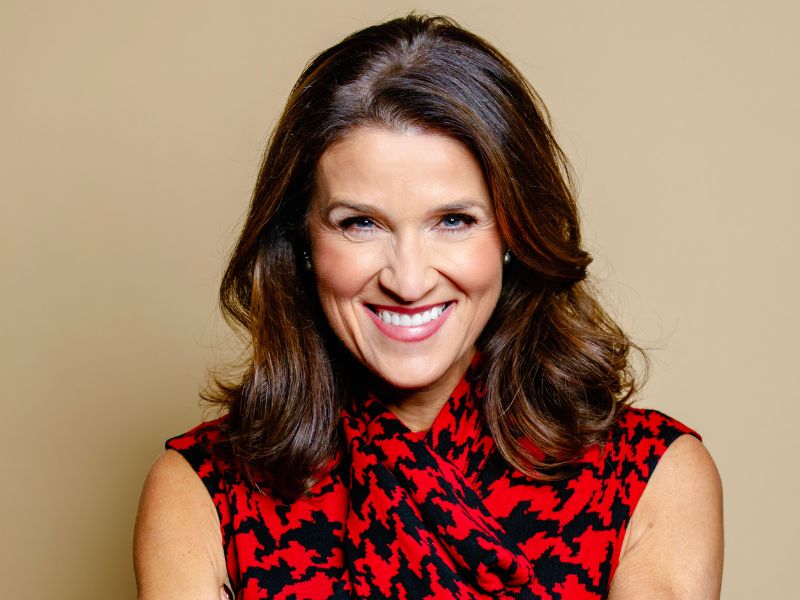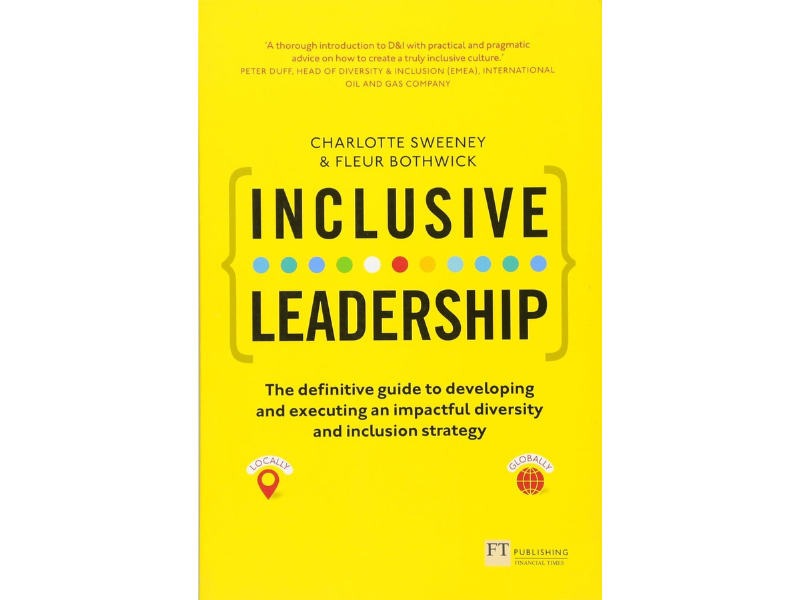Sallyann Weston-Scales, Global Managing Director, Inclusion with Purpose
 The world of work has been turned on its head as we navigate a ‘new normal’, demanding more emphasis on inclusion as a core leadership capability.
The world of work has been turned on its head as we navigate a ‘new normal’, demanding more emphasis on inclusion as a core leadership capability.
Inclusiveness isn’t just nice to have in leaders and on teams. It’s been proven time and time again in report after report that it positively impacts performance.
Inclusion is about fostering a culture and mindset in an individual enabling them to say, “I belong here”, “I feel valued here”, and “I can be myself here” – because of this they feel they can take part and contribute as their authentic self. Leaders create cultures and if they are inclusive, teams will feel inspired to perform better and drive organisational competitive advantage.
Let us get practical here. What specific behaviours can leaders’ model to be more inclusive? Having worked in the inclusion space for over a decade, working with Fortune 500 companies across the globe at every level of the organisation, we’ve identified a discrete set of behaviours, which we’ve grouped into 8 categories.
These are the behaviours that we believe distinguish inclusive leaders from others:
- Create an environment where everyone feels safe to speak up
- Take opportunities to show your appreciation for people who speak up, especially when they have the courage to share a different opinion.
- Encourage everyone to speak in a meeting. Don’t allow a few to dominate.
- Control your reactions. Don’t show defensiveness or anger when you are challenged
- Flag at the start of meetings that some people are more reflective in style and ideas might come later and that they would also be gratefully received.
- Listen to diverse opinions and perspectives and demonstrate a willingness to act on them
- When forming a team, choose people who you believe can provide a diversity of ideas, thinking and experience.
- If someone gives you an idea that, in the end, you can’t act on, let them know why.
- Welcome each opinion/idea, regardless of who it comes from. Encourage all team members to listen openly to different ideas.
- Ask people for feedback on your own behaviour and respond constructively to it
- Don’t wait for formal meetings or reviews. Ask for feedback often and informally.
- Use language that encourages feedback, such as “What could I have done differently?”
- Respond visibly to a piece of feedback. Make sure people recognise and understand why you are doing something differently.
- Challenge behaviours and practices that exclude other members of the team
- Don’t assume everyone in the team feels equally included in the existing culture. Give people an opportunity to talk to you about it and give you their candid feedback.
- Try to become a “super observer”. Pay close attention to behaviours and their impact. Is anyone being excluded?
- Get the team involved in building inclusive team practices e.g. meeting times, supporting the needs of as many people as possible.
- In private, share your observations. “’When you said/did X, I noticed that our colleague Y went bright red and then didn’t speak again for the rest of the meeting, even though she’d made valuable contributions up to that point. What might she have been feeling?”
- Create a culture where everyone in the team can make their strongest contribution
- Give team members the opportunity to share their strengths and experiences with one another.
- Ask individuals what, if anything, would enable them or other colleagues to make the contribution they want to.
- Take the time to talk to people, whatever their role, about the work they do and why it is important for team success.
- Talk to the team about the way work is currently done. What can be changed to help more people be at their best?
- Ensure colleagues respect and support one another
- Create a ‘team charter’ – “our ‘ground rules’ for how we work together, our agreements for what is and isn’t OK”.
- Help the team learn (with training if needed) how to give and receive feedback that helps maintain the ground rules.
- Ask the team to help find ways for people to continue to get to know one another better and to feel personally connected. These need to work for everybody, not just for some.
- Demonstrate your respect for people in every level of role.
- Make your decisions about people fairly, using objective data and input from others
- Make sure the criteria, e.g. for promotion, are openly communicated and understood by all potential candidates.
- Create and/or use a set of objective decision-making criteria. Discipline yourself to apply them consistently to each person.
- Use a diverse group of people with relevant knowledge to provide input to the decision and require them all to use the objective criteria.
- Ask all your people “how can I help you succeed” and follow through with action
- Use this vital question regularly. It signals your care and commitment to an individual’s success. It can be highly motivating.
- Make it clear you are open to discussing all kinds of ways you can help, not only things to do with their objectives or technical skills.
- Let people know in advance that you want to have this conversation, so that they can prepare.
- Try using the question “what would you like to have happen?”. This encourages people to give you more specific ideas and reinforces a collaborative spirit.
These 8 behaviours may seem like obvious ones, but it’s surprising how few inclusive leaders we meet. There is of course more to learn about how to become an inclusive leader and embed these changes in behaviour, but one thing is clear: leaders who consciously practice these behaviours will be remembered by their people and for the superior performance they harness throughout their teams.
About the author
 Sallyann is a one-to-one and group coach with over a decade of experience working in a range of industries, from Banking and Law to Financial Services and Retail.
Sallyann is a one-to-one and group coach with over a decade of experience working in a range of industries, from Banking and Law to Financial Services and Retail.
Sallyann joined Talking Talent in 2014 from EY where she was a management consultant specialising in culture change and an internal coach. At Talking Talent Sallyann specialises in progression coaching for senior talent. She is passionate about helping her clients address negative beliefs and exceed their perceived potential. As a believer in life-long learning, she is studying Psychotherapy to be able to provide further support to clients experiencing stress or burn-out.
If you are a job seeker or someone looking to boost their career, then WeAreTheCity has thousands of free career-related articles. From interview tips, CV advice to training and working from home, you can find all our career advice articles here.








